Coopers Brewery has unveiled its new visitor centre including a microbrewery and distillery
Coopers Brewery has unveiled its new $70m visitor centre, microbrewery and distillery in one of the family-owned brewer’s largest investments in more than two decades. See inside.
Business
Don't miss out on the headlines from Business. Followed categories will be added to My News.
Coopers Brewery has unveiled what it is calling the “ultimate Australian beer experience” with the launch of its new $70m visitor centre including a microbrewery, whisky distillery, three bars and a restaurant capable of catering for a combined 400 people.
The new centre represents one of the largest investments the family-owned brewer has made since moving its brewing operations from Leabrook to Regency Park in 2001, at a cost of $40m.
The new facility includes a microbrewery which was made in England and shipped to Australia, and which will allow the company to increase its craft brewing offerings.
Whisky stills made in Scotland make up the heart of the new whisky distillery, which will use Coopers’ malt in the distilling process.
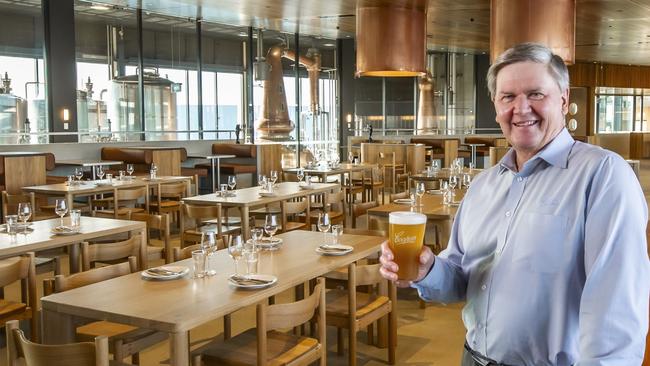
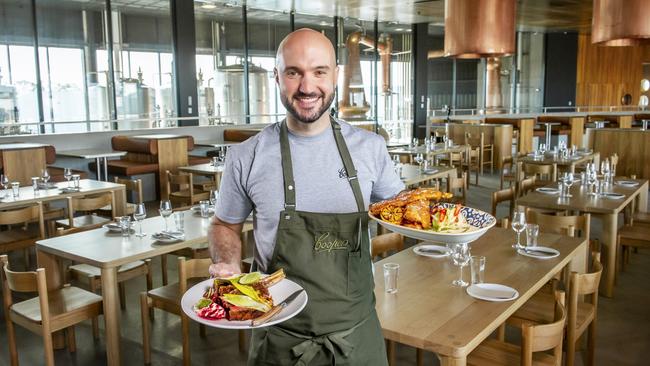
Whisky fans will need to be patient however, with the first whisky to be offered for sale in the next few years given its extended maturation process.
Coopers managing director Tim Cooper said the new development was “one of the most exciting projects we’ve undertaken in the 162-year history of Coopers Brewery”.
“Our team has been humbled by the public’s interest, excitement and support as this impressive building has taken shape,’’ Dr Cooper said.
“We wanted every aspect to be truly world-class and of the highest quality. It’s a significant, long-term investment by our family company and our vote of confidence in the future of Coopers and Australia’s manufacturing industry.
“Coopers is very proud to have created a highly unique and immersive experience that ultimately celebrates the very best of Australian beer.
“We look forward to welcoming visitors from across Australia and overseas into our new home.’’
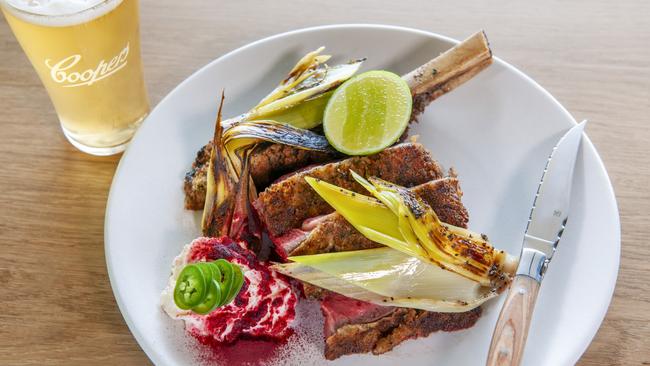
The new development also includes:
• A restaurant and three bars
• Expansive outdoor plaza dining and family areas
• A dedicated tasting room
• An interactive history display and guided tours
• Underground stillage for 5000 whisky barrels, and
• A merchandise store
The new centre’s curved design, by Studio Nine Architects, is inspired by the Coopers roundel label, and also includes a sloping amphitheatre which showcases the brewery grounds and the maltings plant.
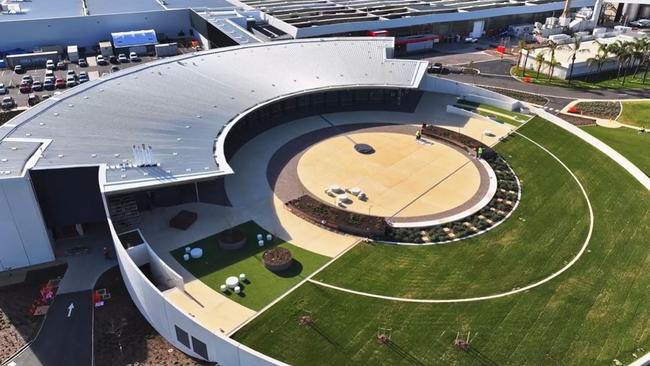
Tours of the brewery will be relaunched following the centre’s completion, however punters will need to wait a few more weeks, with the visitor centre to open to the public on August 28.
Coopers has appointed hospitality industry hall of famer Peter Morelli as venue manager, leading a 24-strong team.
The restaurant will feature a beer-inspired menu and Coopers beers on tap as well as special-release craft beers from the microbrewery.
The new centre will be open to the public from August 28. For more information and to book a tour or lunch go to coopers.com.au
The Coopers Legacy
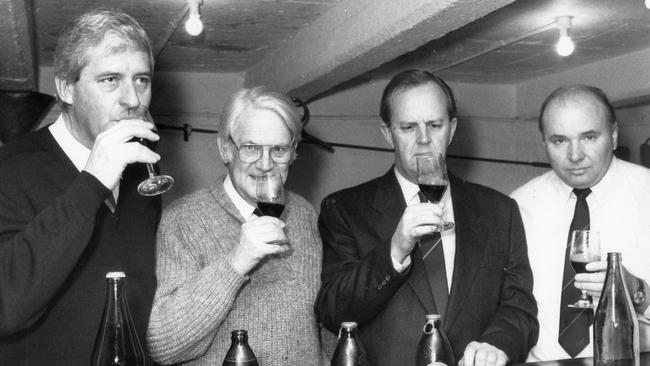
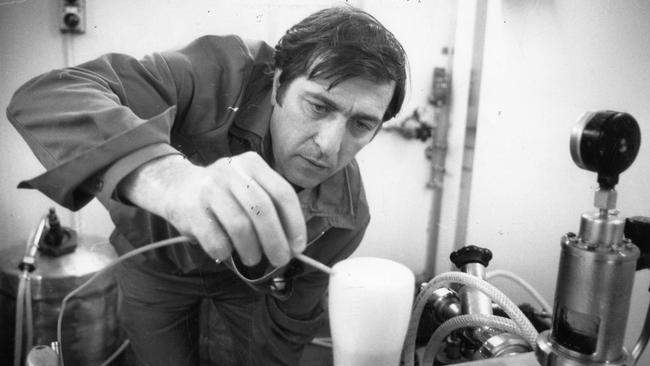
Coopers Brewery started in 1862 when Thomas Cooper used an old family recipe to brew his first batch of ale, supposedly as a tonic for his sick wife.
The ale proved widely popular however and Thomas eventually turned the business over to four of his sons to run, with the family now into its sixth generation of Coopers leadership and ownership.
“While we’re still using Thomas Cooper’s original recipe, successive generations of Coopers have made improvements along the way,’’ the company says.
Coopers’ ales are defined by a secondary fermentation in the bottle, known as natural conditioning, which eliminates the need for pasteurisation and preservatives.
This also requires drinkers to roll their bottles before drinking for the best result, to disperse the spent yeast sediment throughout the beer.
Coopers now brews more than 90 million litres of beer each year at its Regency Park brewery.
Originally published as Coopers Brewery has unveiled its new visitor centre including a microbrewery and distillery





